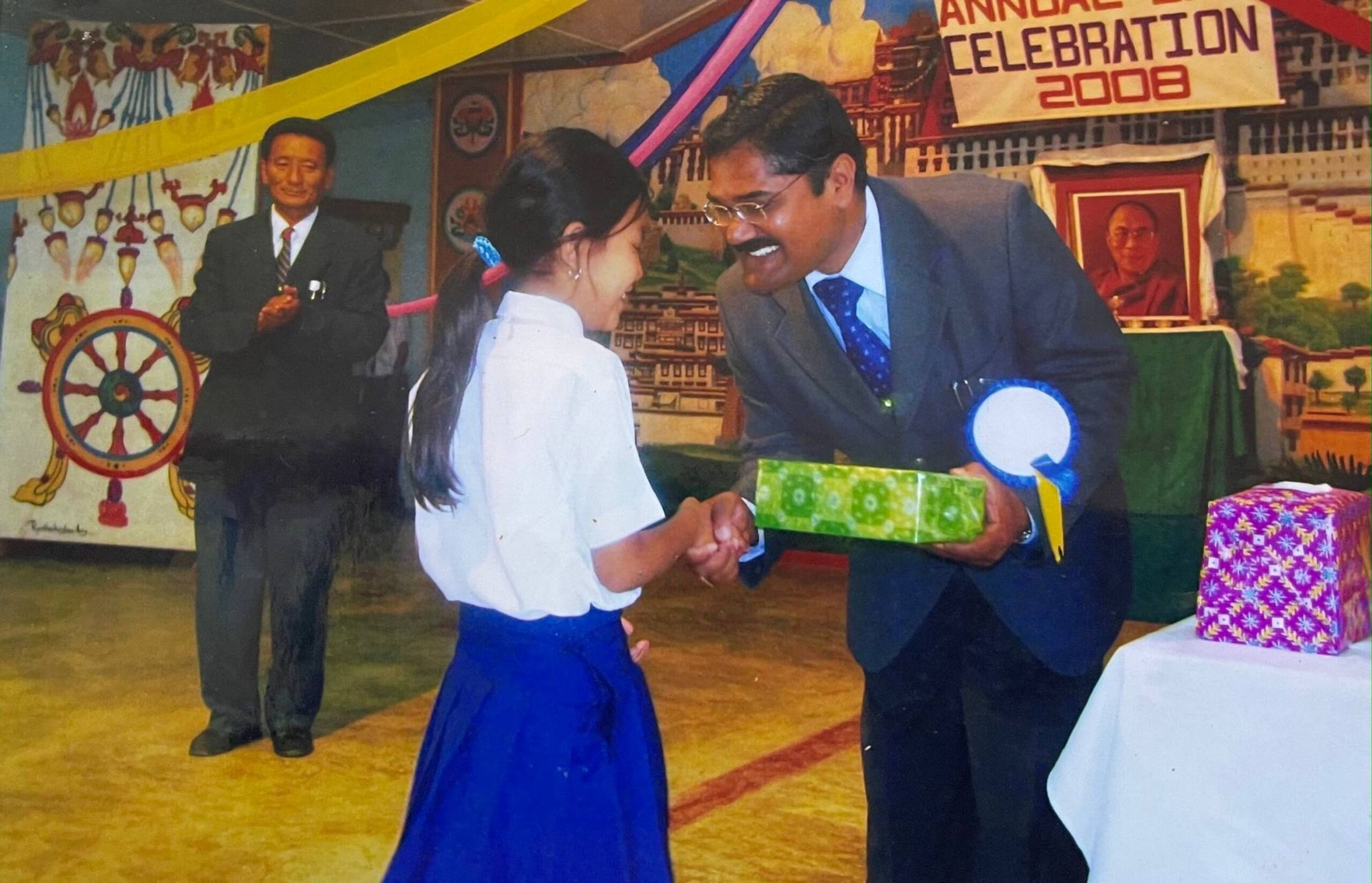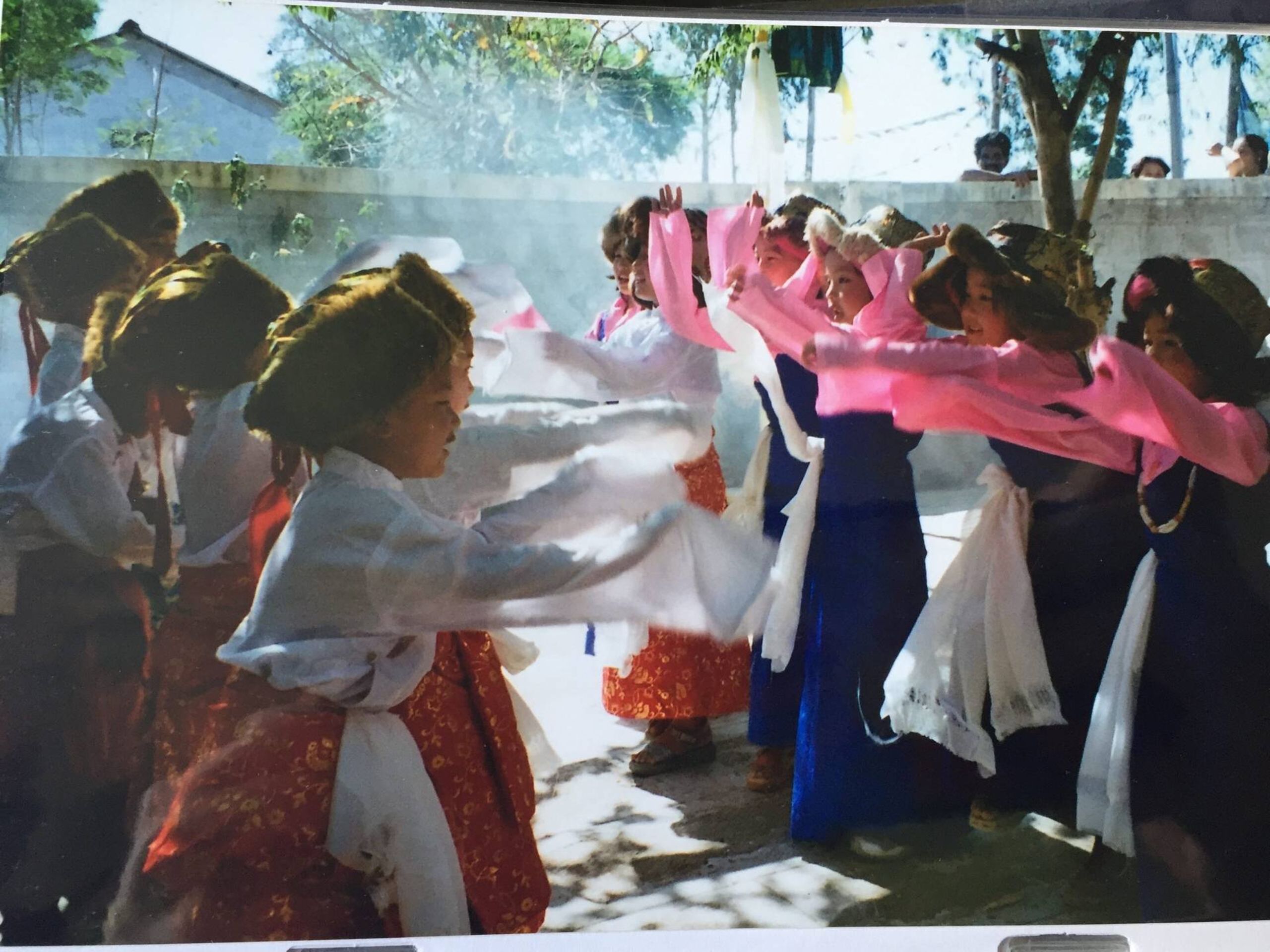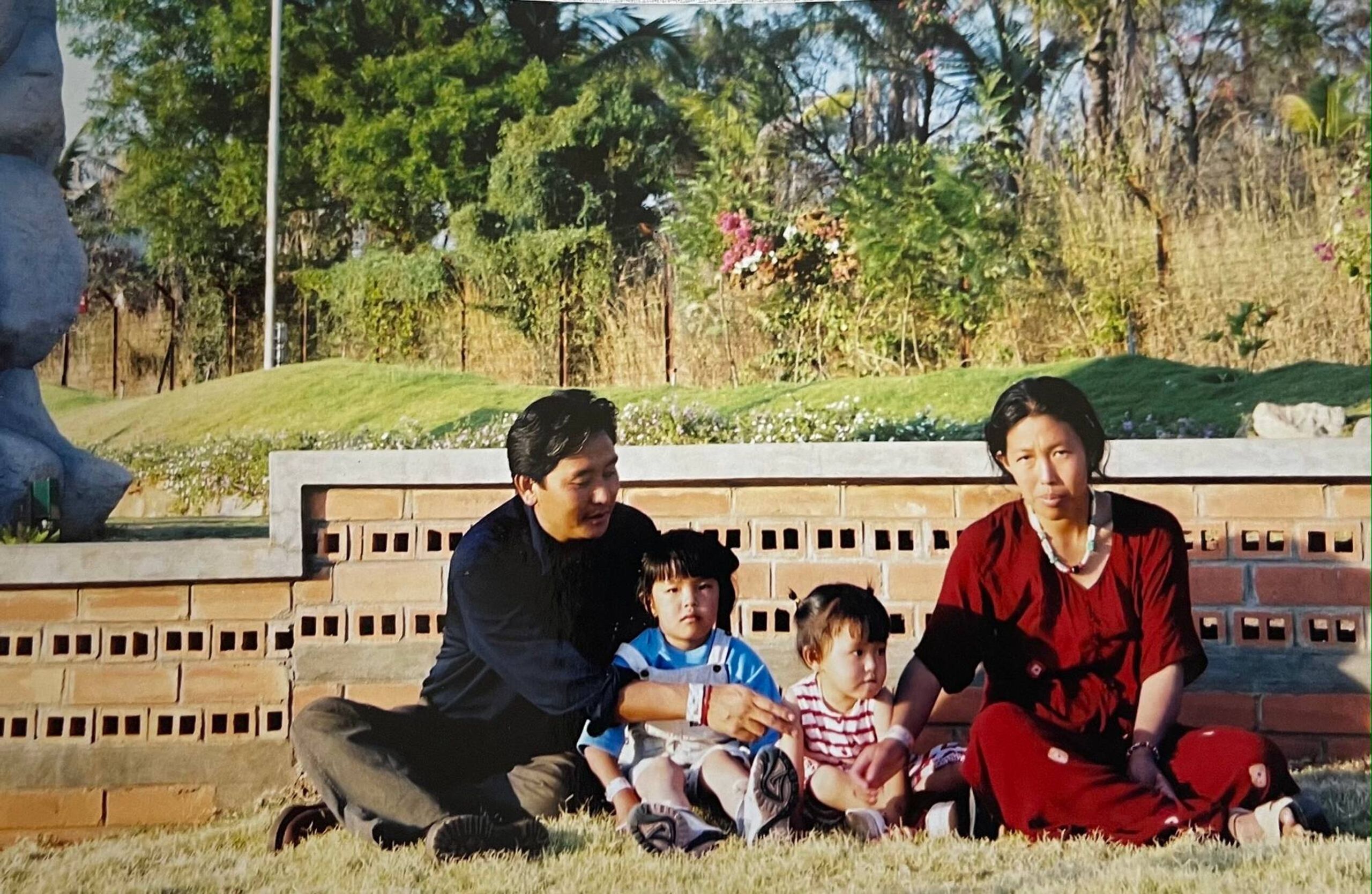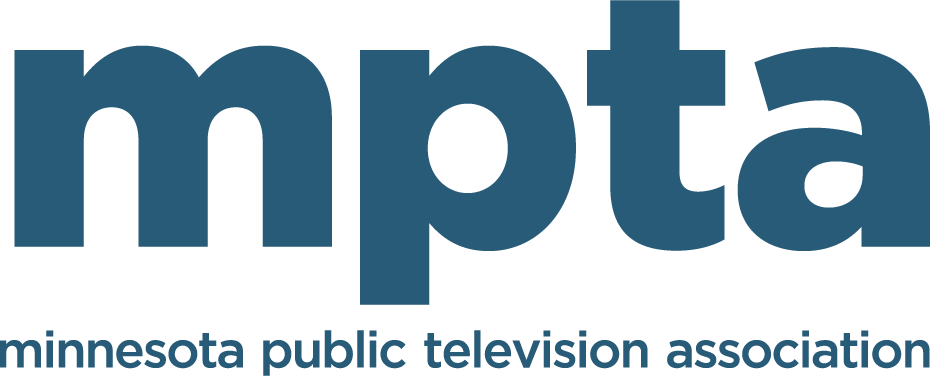Three Countries, No Citizenship: Finding My Identity
Tenzin Woeser shares the complexity of her identity as a Tibetan-Indian-American
Life in Tibet

On March 12, 2000, I was born in New Camp Two, Bylakuppe. New Camp Two was a Tibetan refugee camp in southern India. My life was very cheerful even though I lived in a refugee camp. I was able to go to school to and I never had to worry about anything. The refugee camp was beautiful. It was surrounded by, maize, marigold, ginger, coconut, and mango trees. We owned cows, cats, dogs, and sheep. It was not like a luxury life, but happy and simple living. Growing up, sparrows and the animals were like my alarm clock; their melodic sounds would wake me up naturally. When I would open my eyes, my parents were always at home with me, either cooking or helping my sisters get ready for school.
When my mother would drop my sisters and me at the bus stop, she would always tell us that we were Tibetans and living in India as guests. My mother would say that once Tibet becomes free, we would go back to our homeland. My grandmother and elder Tibetans would tell me a story about our motherland Tibet before Communist Chinese came and destroyed what was ours. They would tell me about the mountains that surround the capital of Tibet, Lhasa, and the beautiful white cranes that would stop by a lake to lay their eggs, the life of nomadic and beautiful lakes. Their stories were filled with the mysteries and enchantment of a country that no longer appears on the world map.
At a young age, I realized that I had more responsibilities because I will be the future seed of Tibet. However, I didn't have a very challenging life because of our spiritual leader His Holiness the Dalai Lama, and my supportive parents. I lived a happy life.

First Citizenship
On June 7, 2013, my family received refugee status and were granted visas to immigrate to the United States. America was nothing like India. It was clean, orderly, most of all cold. While English came naturally to me, belonging to the states didn't. I only had a permanent residence card (Green Card), and at some time in my middle school, I realized that I didn't belong to India either. Even though my parents and I were born in India, we didn't have Indian citizenship.
The simple life that I had in India was nothing compared to life in America. When I opened my eyes, my mother was gone to work, and she would come home late since she was working two jobs to support us. Being the second oldest child, I had to take all the responsibilities of the house such as cooking, cleaning, paying the utility bills, and taking care of my little sisters. I also worked part-time jobs at nursing homes and Chuck E. Cheese. I felt like I was a daughter and mother at the same time. I have heard a lot of stories about the United States as a place of opportunity and land of free. However, no one told me that it's also a land of hard work that it would take so much of my life away.
I was proud and happy that I was part of the United States, but I also realized that there were so many that I have lost in the process of coming to the United States. I had to sacrifice my relatives, friends, and all the good times that I had in India. I sacrificed my simple life, which is hard to maintain in the United States. I also struggled with my identity because I am Tibetan but I wasn't born in Tibet. I was born in India, but I wasn't a citizen of India. I am in the United States, but I am a Green Card holder. Once I become a citizen of the United States, that will be my first citizenship. In the end, I consider myself a Tibetan-Indian-American, and I love being part of these three cultures because it made me who I am.



